The International Rescue Committee has been so fortunate to have had a longstanding relationship with Princeton in Africa since our very first Fellows landed in Rwanda in 1999. Whether it was Emily or Renee in 1999 or the 110 Fellows across 14 IRC countries over the years, we have been blessed by the relationship, the quality of the Fellows and the impact on what IRC does on the ground every single day.

March 2023 Newsletter
Dear Friends of PiAf,
In March of 2023, Princeton in Africa gathered our 2022-23 Fellows, alumni coordinators and staff in Stone Town, Zanzibar for the 2022-23 Fellows’ Leadership Retreat. We conducted a 4-day retreat, where our Fellows reflected on their fellowships, discussed the next steps and opportunities once their 12-month placements concluded, and built a stronger community.
The East African Kiswahili Commission (EAKC) graciously hosted us in their facilities, where we conducted three days of retreat sessions. The EAKC is an institution of the East African Community (EAC) responsible for the coordination and promotion of the development and use of the Kiswahili language in East Africa and beyond. The Commission promotes Kiswahili in the region through research, teaching, learning and development of the language. The East African Kiswahili Commission believes in the language as a driver of regional unity and sustainable socio-economic development. The EAKC moved its headquarters to Zanzibar in 2016. We’re grateful for their hospitality in allowing us to conduct sessions in their meeting rooms.
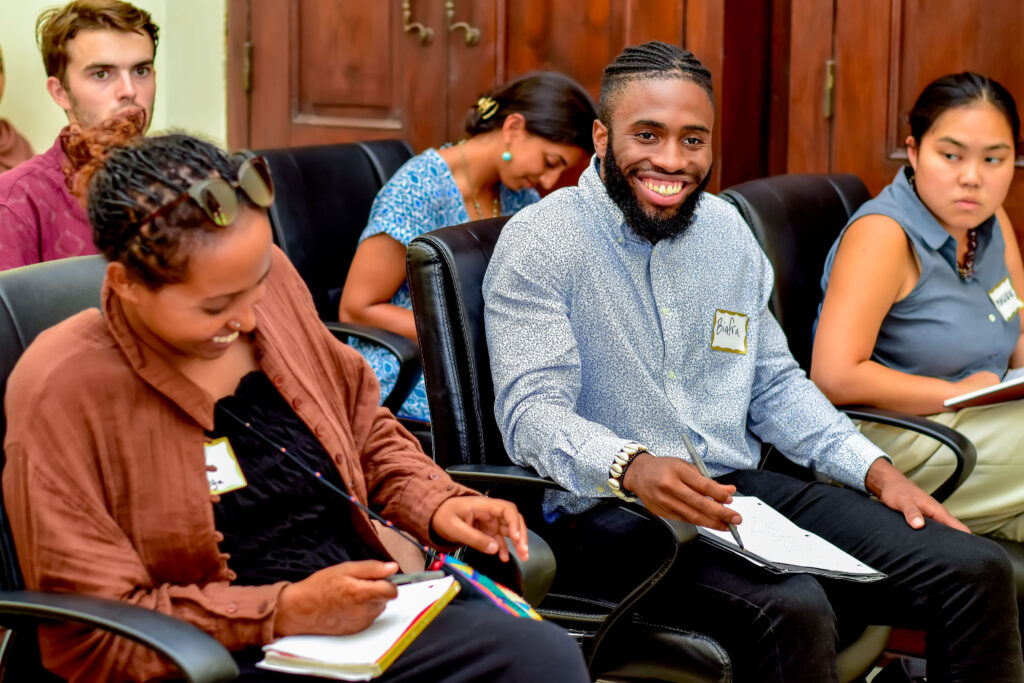
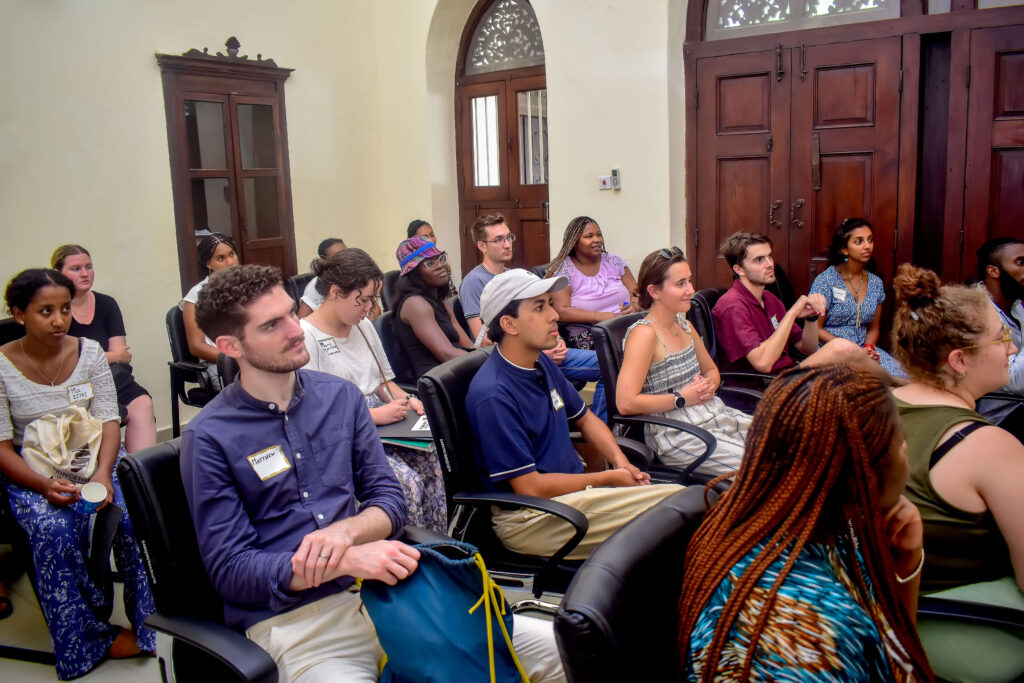
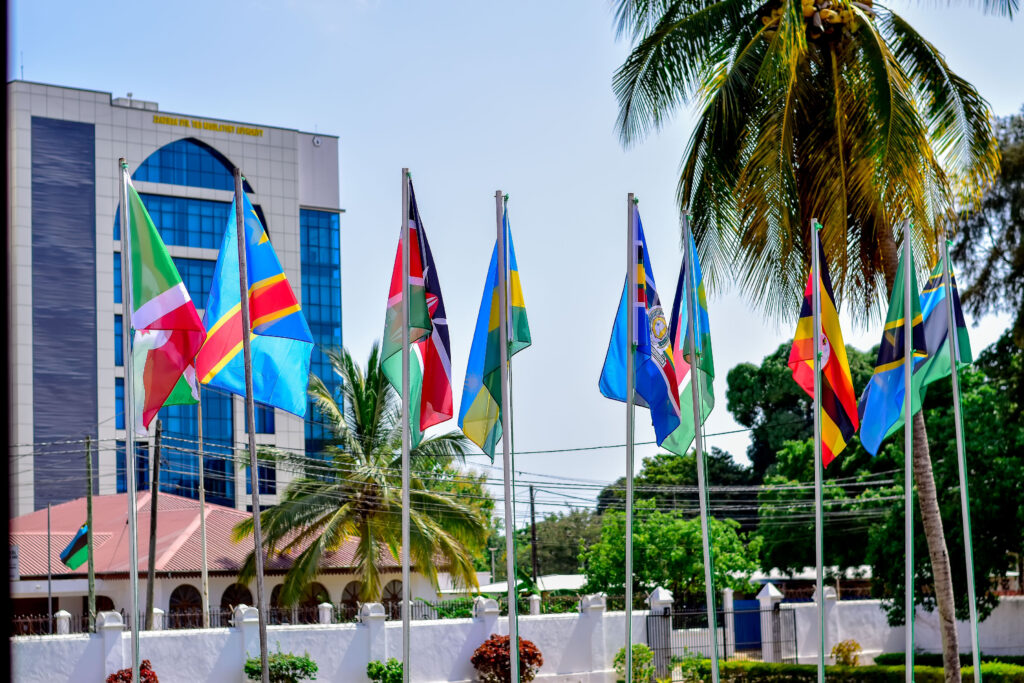
PiAf Explores Stone Town
Stone Town, Zanzibar, a UNESCO World Heritage Site since 2000, is a city full of rich history and Swahili culture. Princeton in Africa Fellows emersed themselves in the “old town”, exploring the narrow streets, learning about the architecture dating back to the 19th century, and enjoying local food. Our Fellows learned about the history of the slave trade in Zanzibar. One of the largest slave markets in the world was found in Stone Town. Currently, the slave market is an Anglican cathedral. Many of our Fellows entered the Slave Market Memorial.
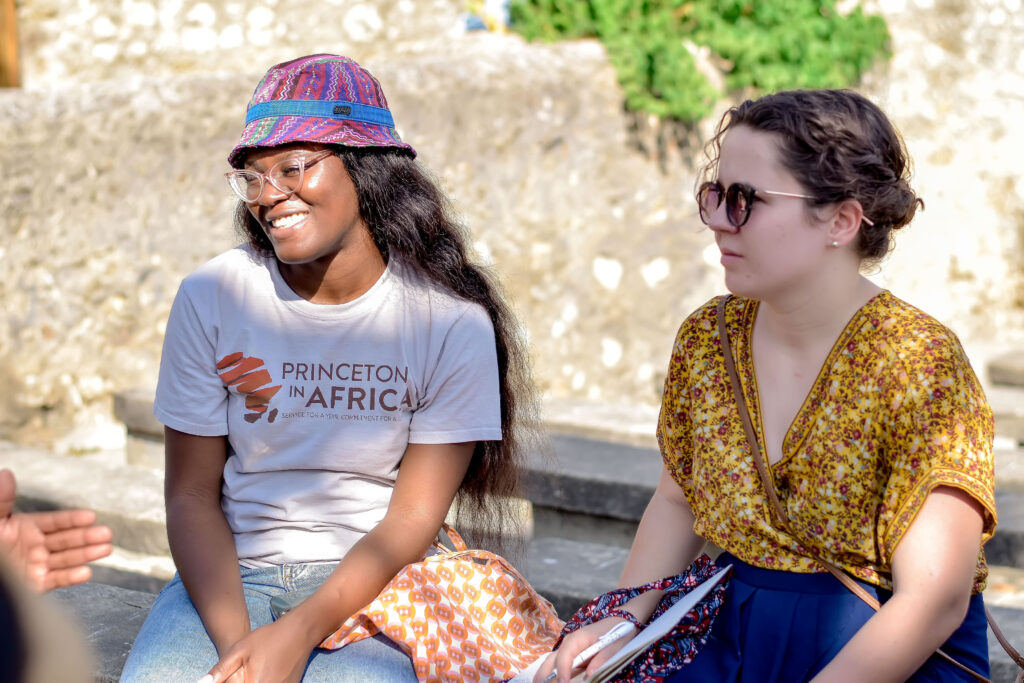
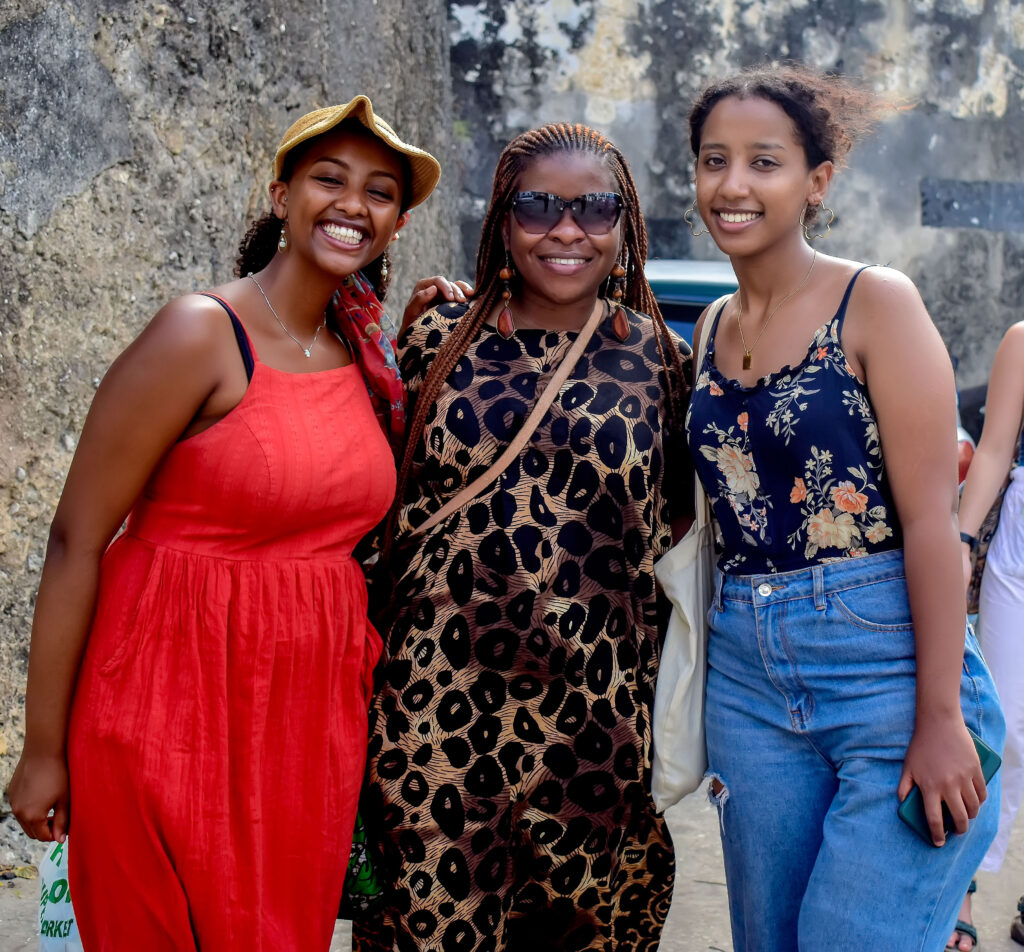
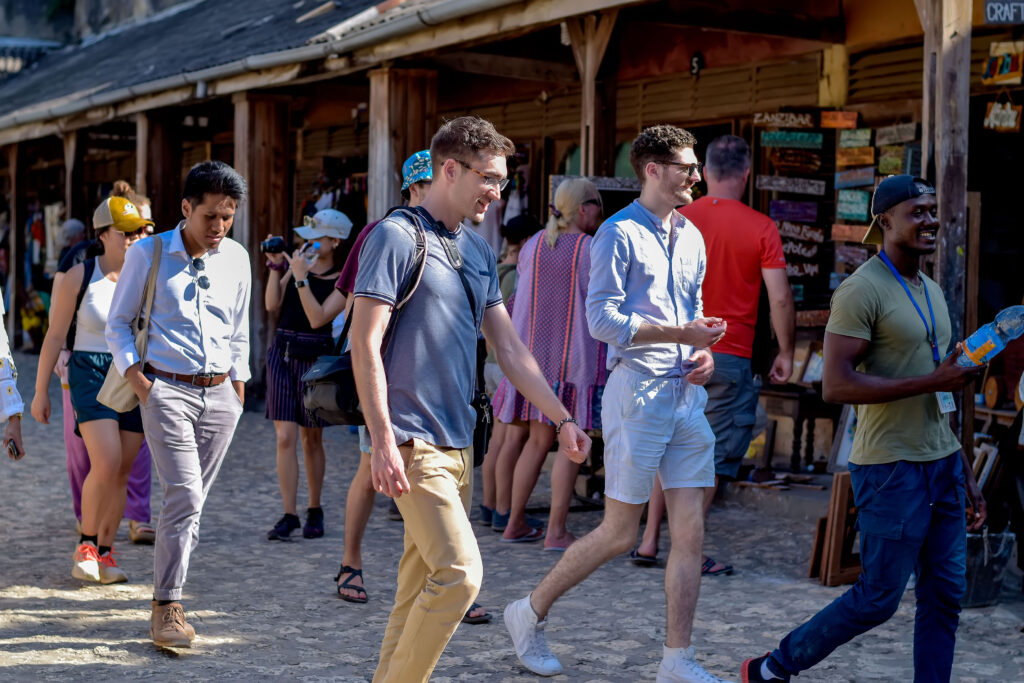
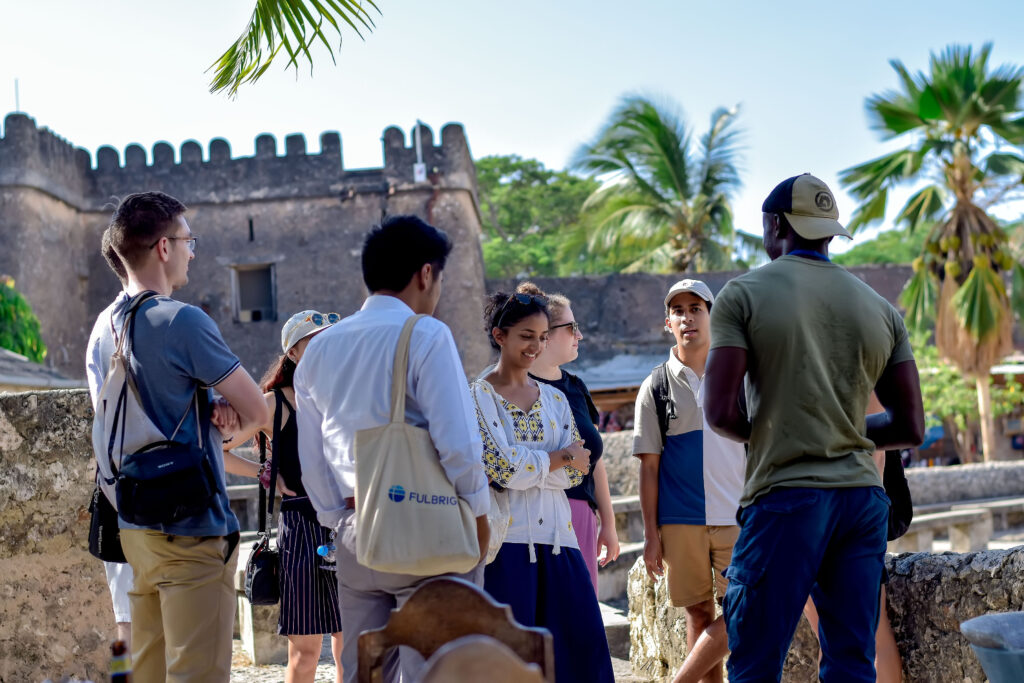
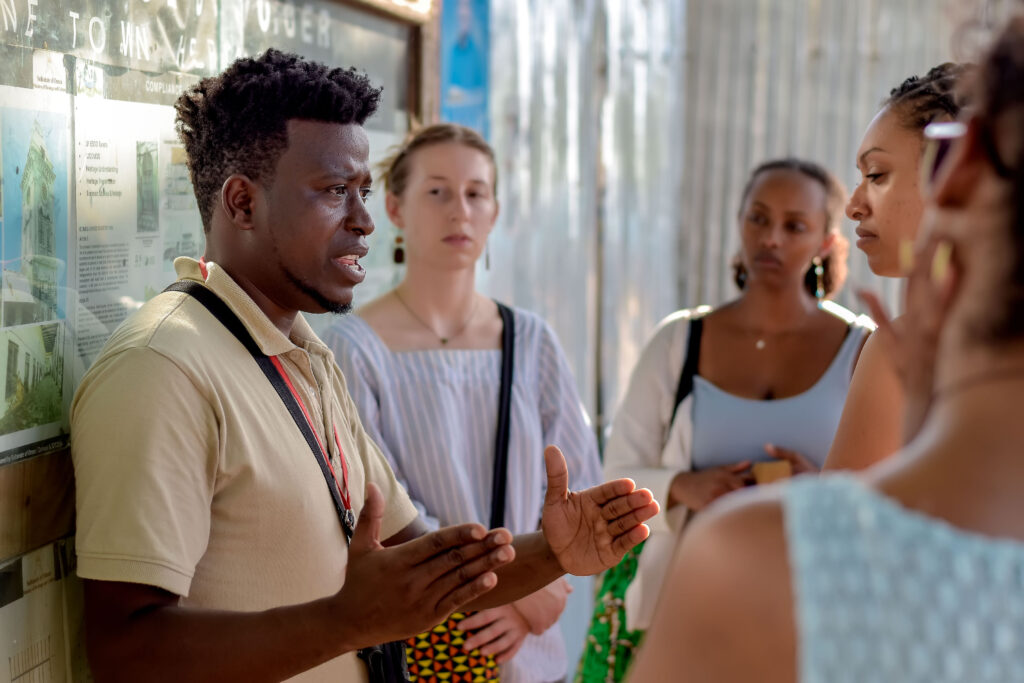
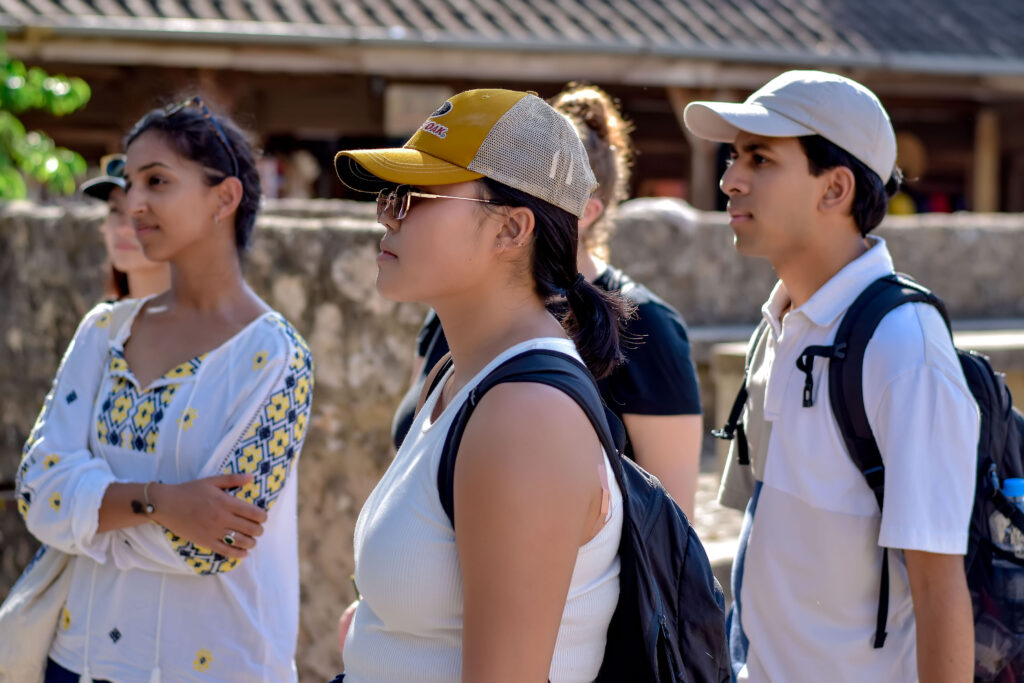
PiAf Career Panel 2023
On March 12th, 2023, Princeton in Africa welcomed our two Alumni Coordinators, Chiedza Chinakwetu and Ben Grazda along with Dr. Caroline Asiimwe, the incoming Executive Secretary at East African Kiswahili Commission (EAKC) to a career panel. This panel was focused on exploring their individual career paths, seeing what opportunities are available after a PiAf fellowship, and learning more about the East African Kiswahili Commission’s work.
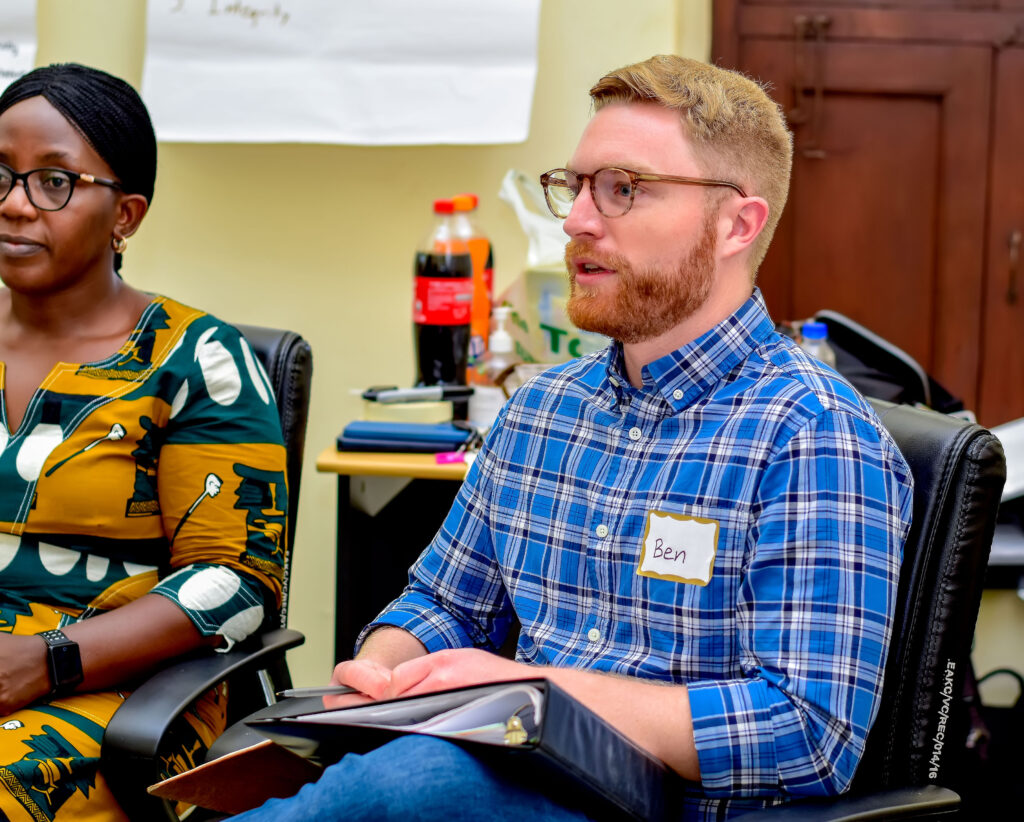
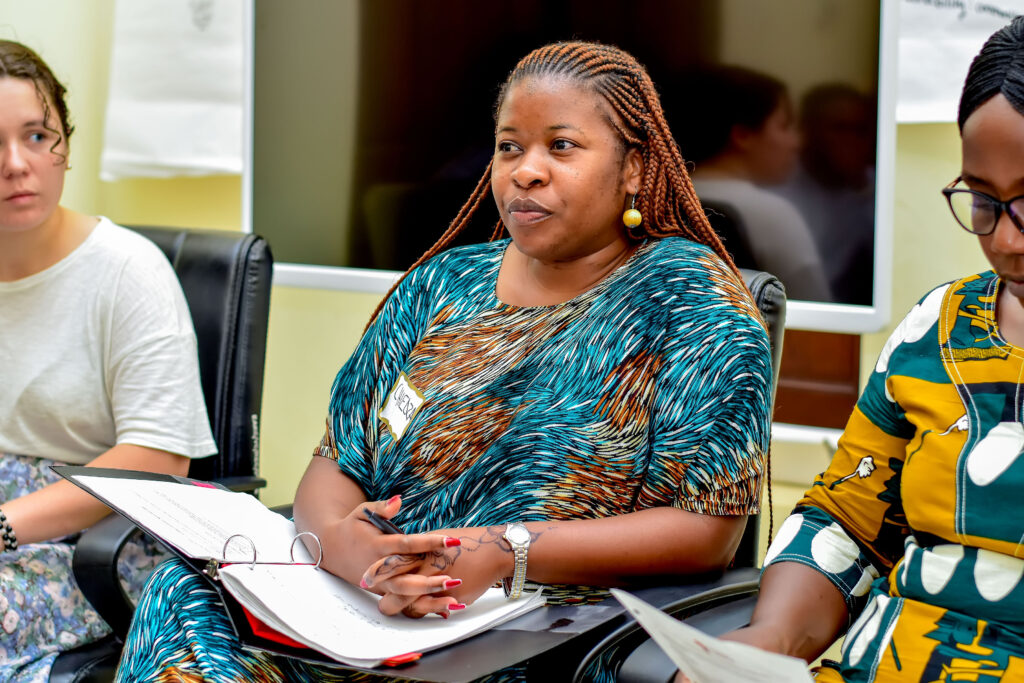
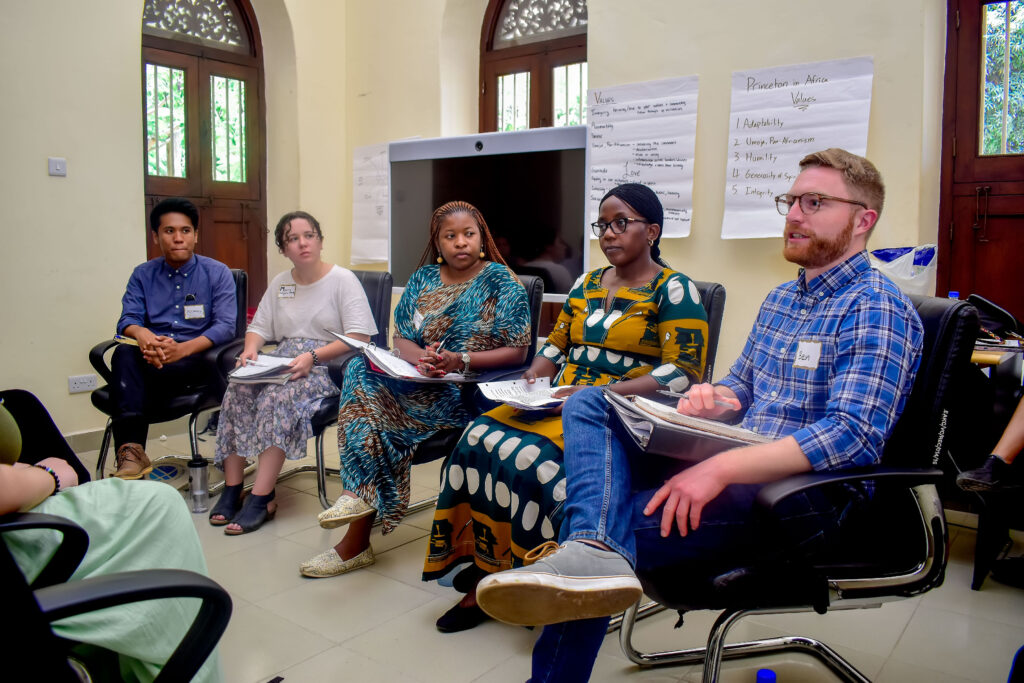
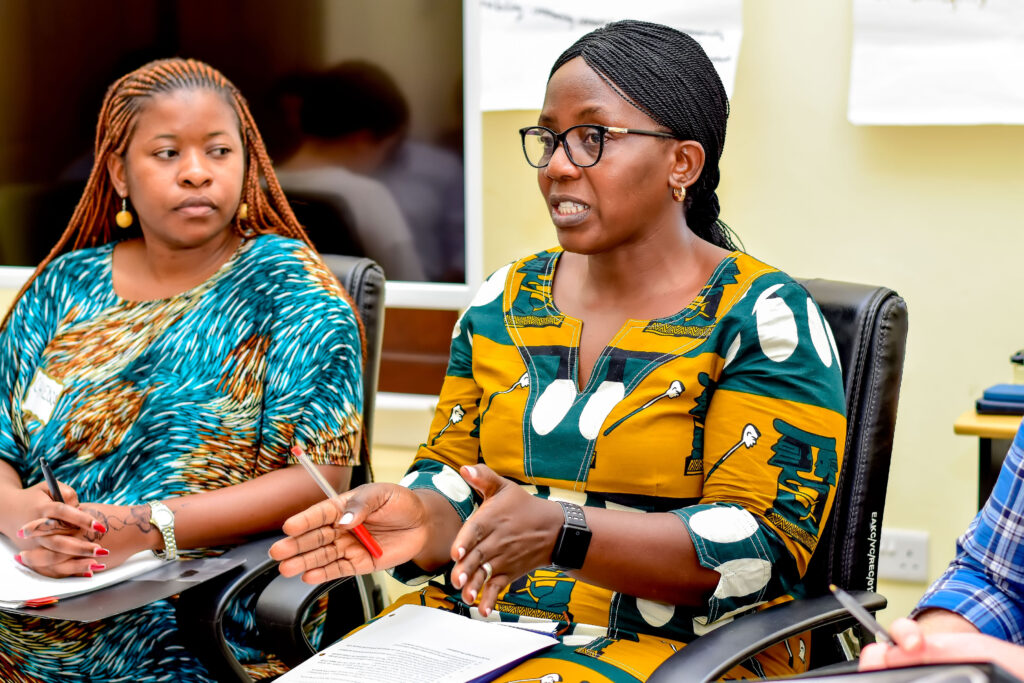
Spotlight on Dr. Asiimwe
Dr. Caroline Asiimwe has recently been a Principal Curriculum Development Officer at the EAKC before coming on as the Executive Secretary. Dr. Asiimwe holds a PhD in Kiswahili from the University of Dar es Salaam. Her research interests are in cultural linguistics, language and development issues as well as historical and comparative studies. She is a professional teacher, an experienced editor, translator and interpreter for Kiswahili-English and has had several consultancies; Translation of the Framework for Strengthening Child Protection Systems in the East African Community from English into Kiswahili, funded by German International Cooperation (GIZ); Translation of The Treaty for the Establishment of the East African Community from English into Kiswahili; Guidelines for transportation of Goods and Services in the EAC during COVID-19 period- Trademark East Africa.
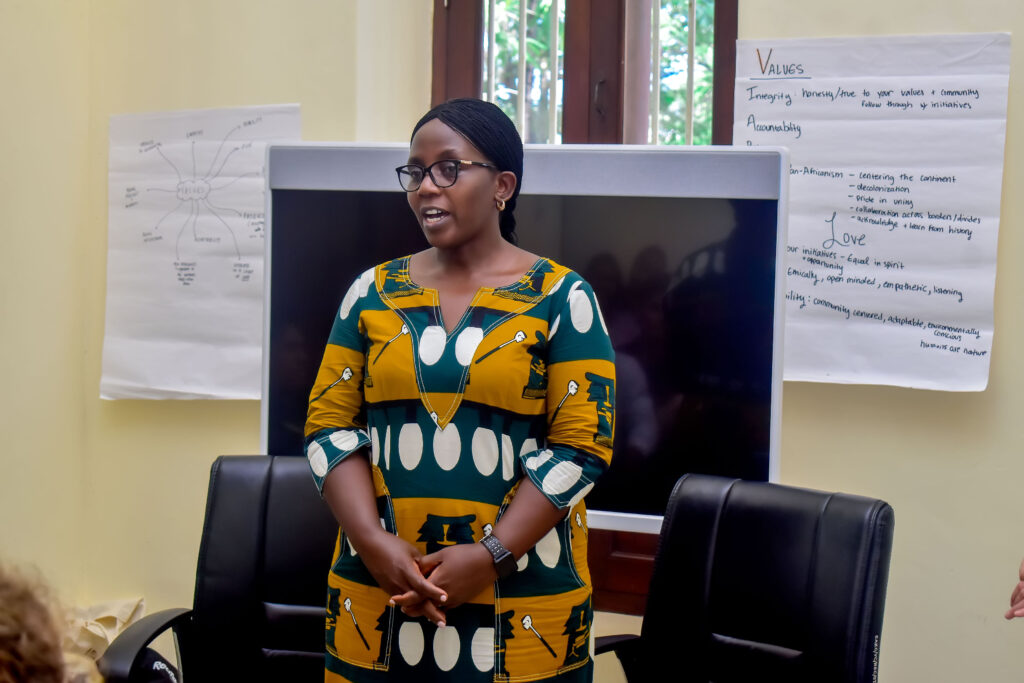
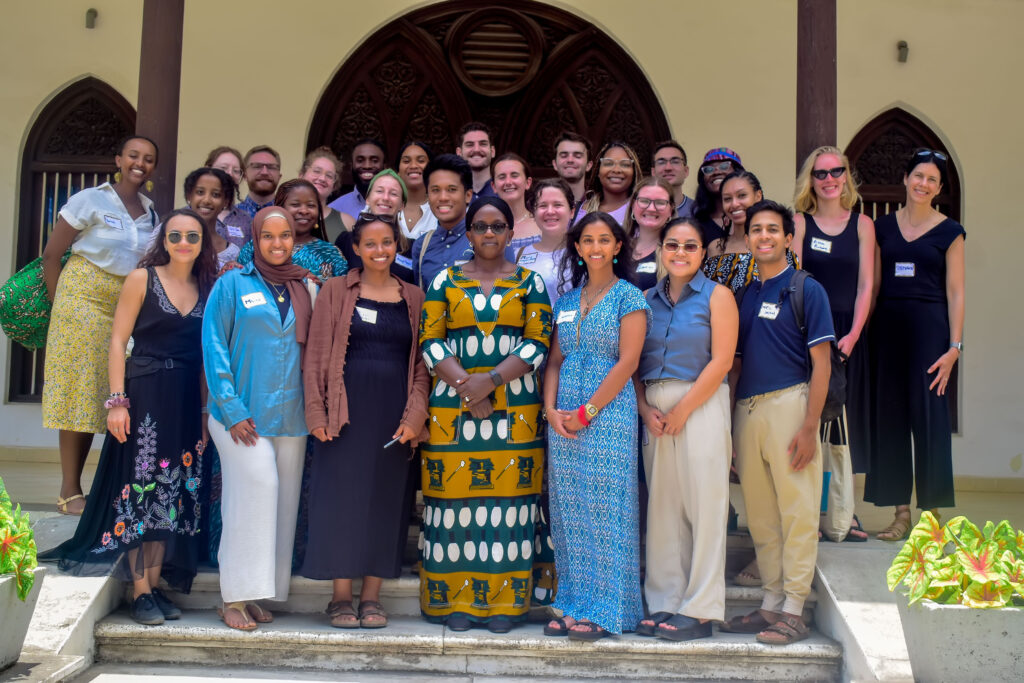
The Spice Island
2022-23 PiAf Fellows took a tour of a spice farm to learn more about the spices grown in Zanzibar and helped prepare a home-cooked meal. We were grateful to have Princeton in Africa board member and Princeton University Professor, Dr. Mahiri Mwita join us on this tour. He shared with us his knowledge of Zanzibar’s culture, history and socio-economic landscape. Professor Mahiri hosted a session, “Reflections on Historical vs “Modern” Stone Town of Zanzibar, the Tanganyika-Zanzibar Union that birthed “SMZ” (Revolutionary Govt of Zanzibar), and its implications on contemporary identity politics of Tanzanians.” He delved into Zanzibar’s Revolution in 1964 and the lasting effects of Zanzibar’s history on local and regional politics. Learn more about Professor Mahiri Mwita on our website at https://www.princetoninafrica.org/staff-and-board/
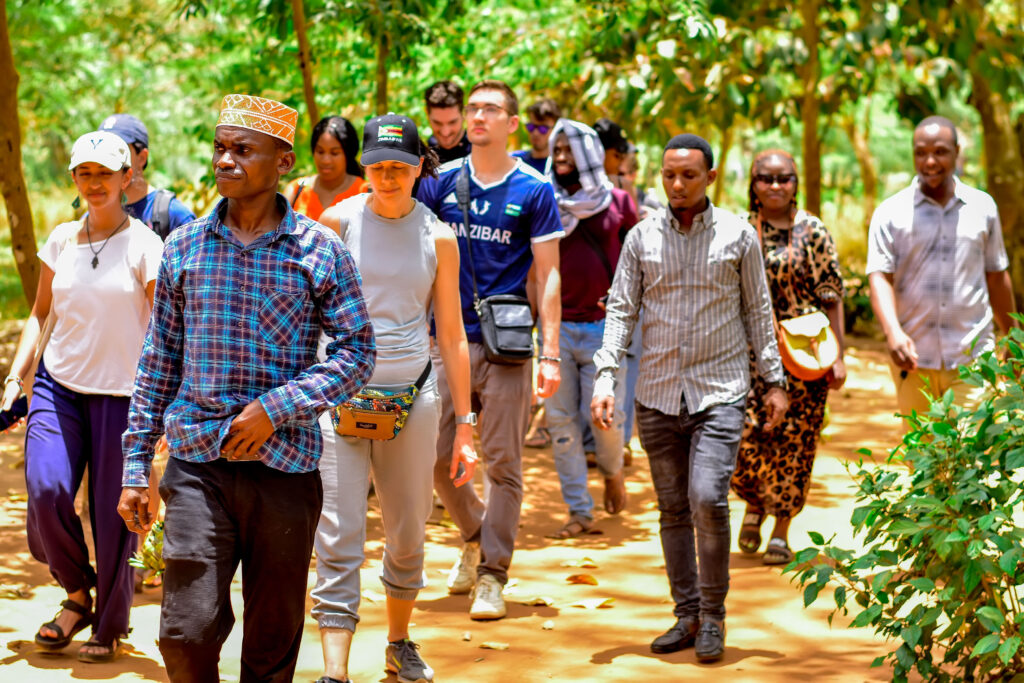
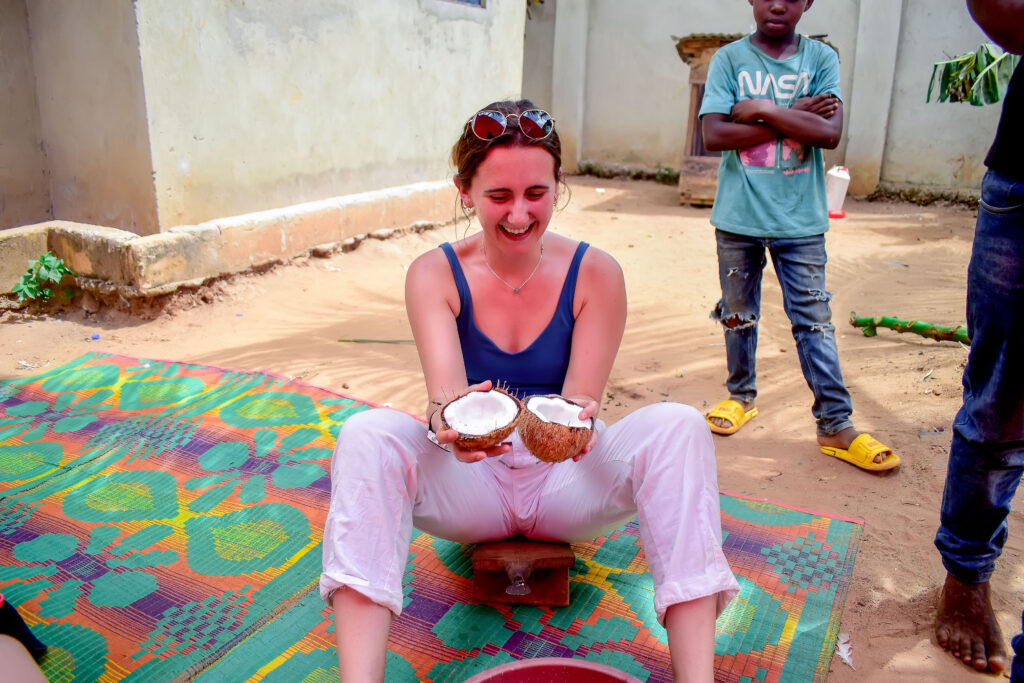
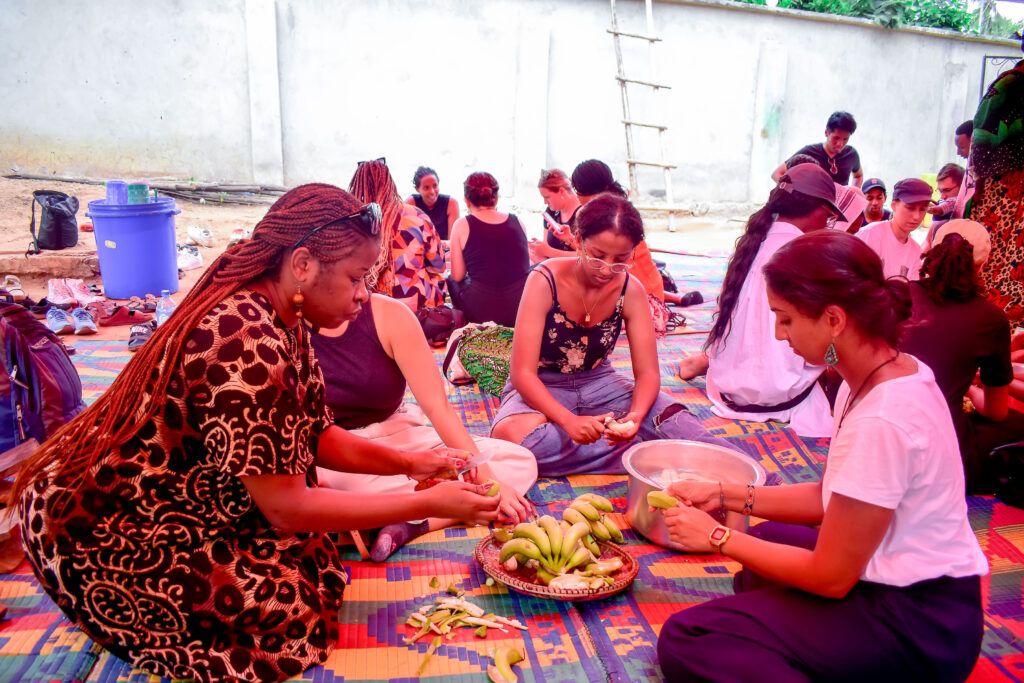
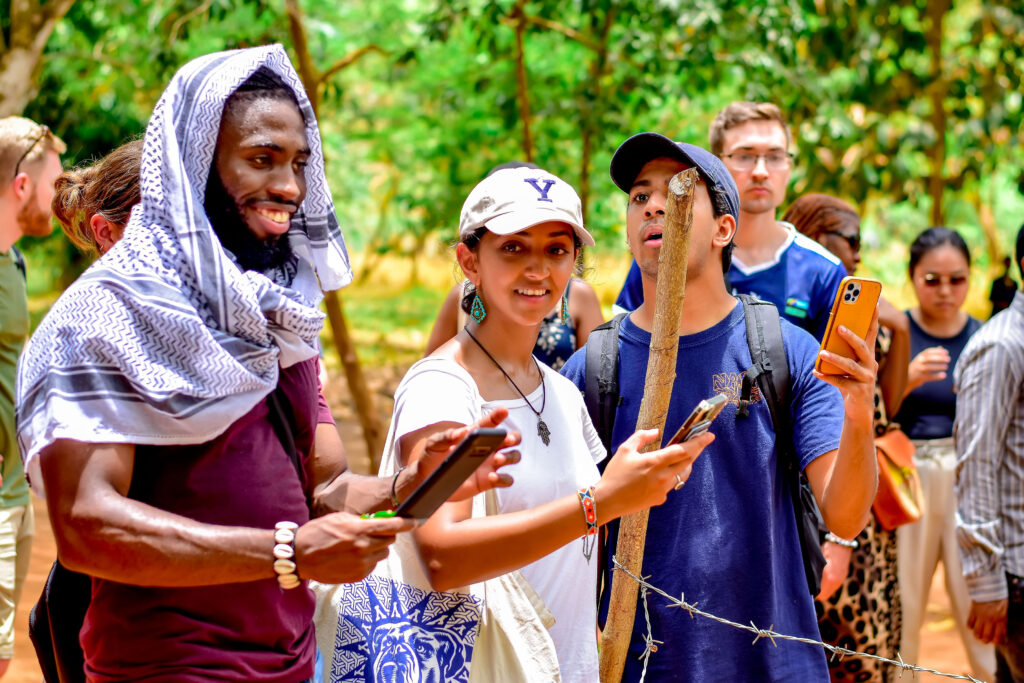
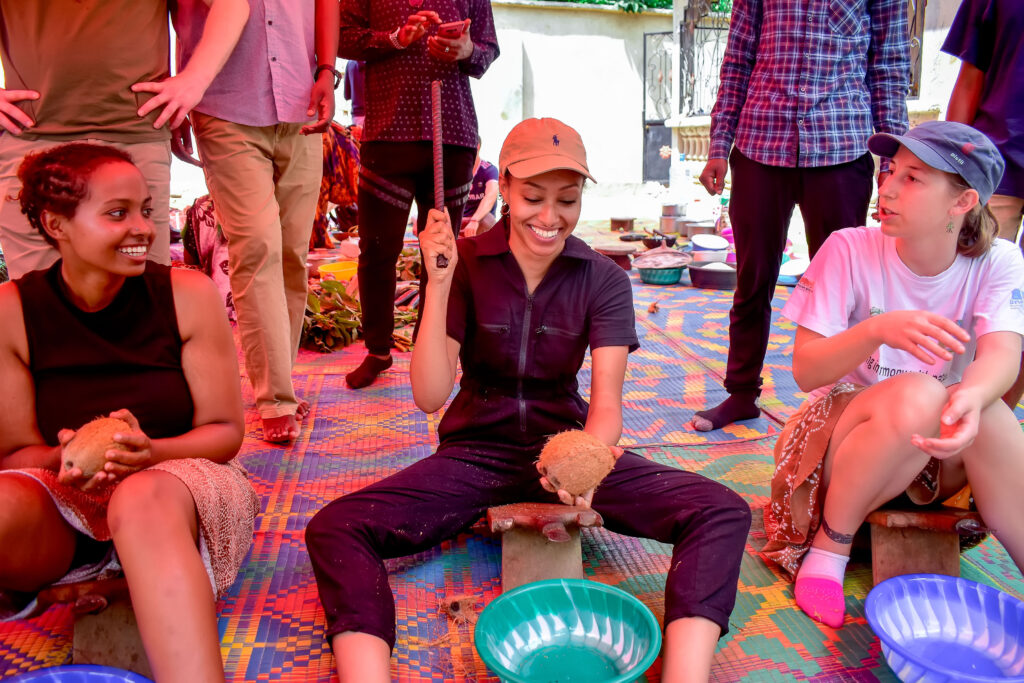
DressCode, Zanzibar
After our Spice Tour, PiAf Fellows visited DressCode, a local organization. DressCode is a dressmaking social enterprise that supports local, talented women and gives them opportunities for employment. The business is growing, with its goals being to expand and create a number of training opportunities for women. Please learn more about them here.
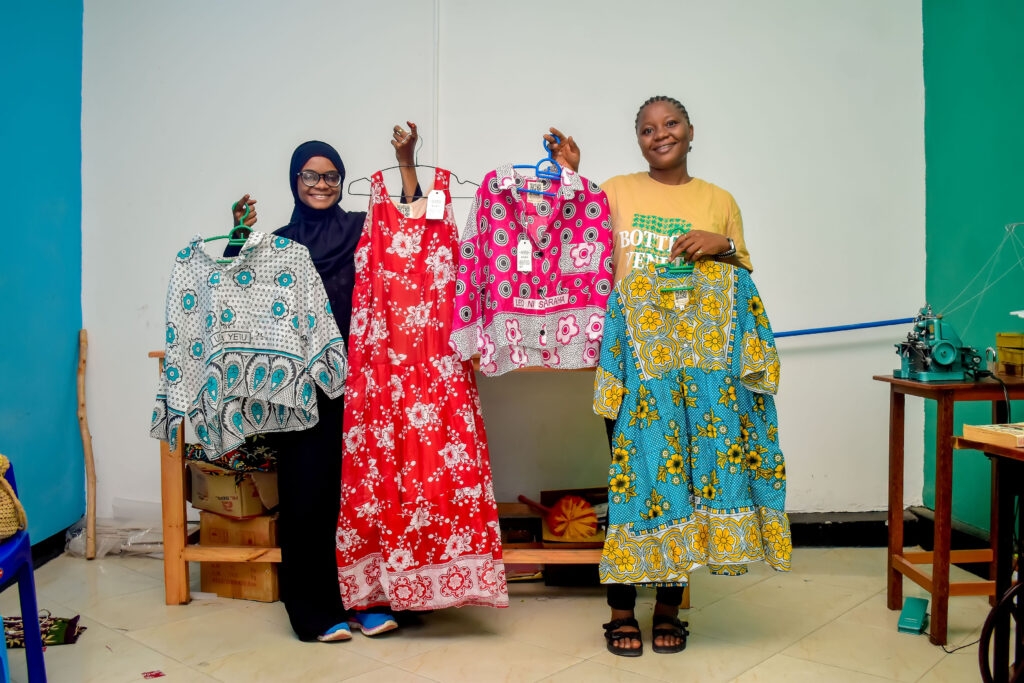
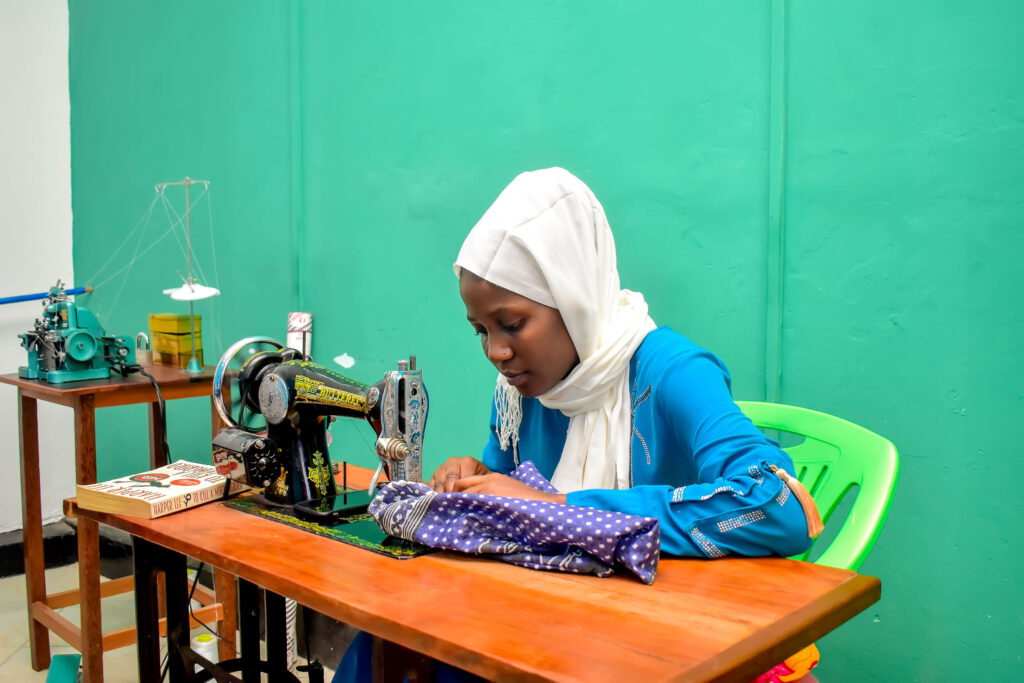
Spotlight on Our Alumni Coordinators
Thank you to the 2023 Retreat Alumni Coordinators for joining the PiAf team in leading sessions, helping with retreat logistics, and acting as mentors for our 2022-23 Fellows. We appreciate Ben Grazda and Chiedza Chinakwetu’s commitment to the PiAf program. Learn more about Service for a Year, Commitment for a Lifetime – how alumni can stay engaged long after their fellowships.
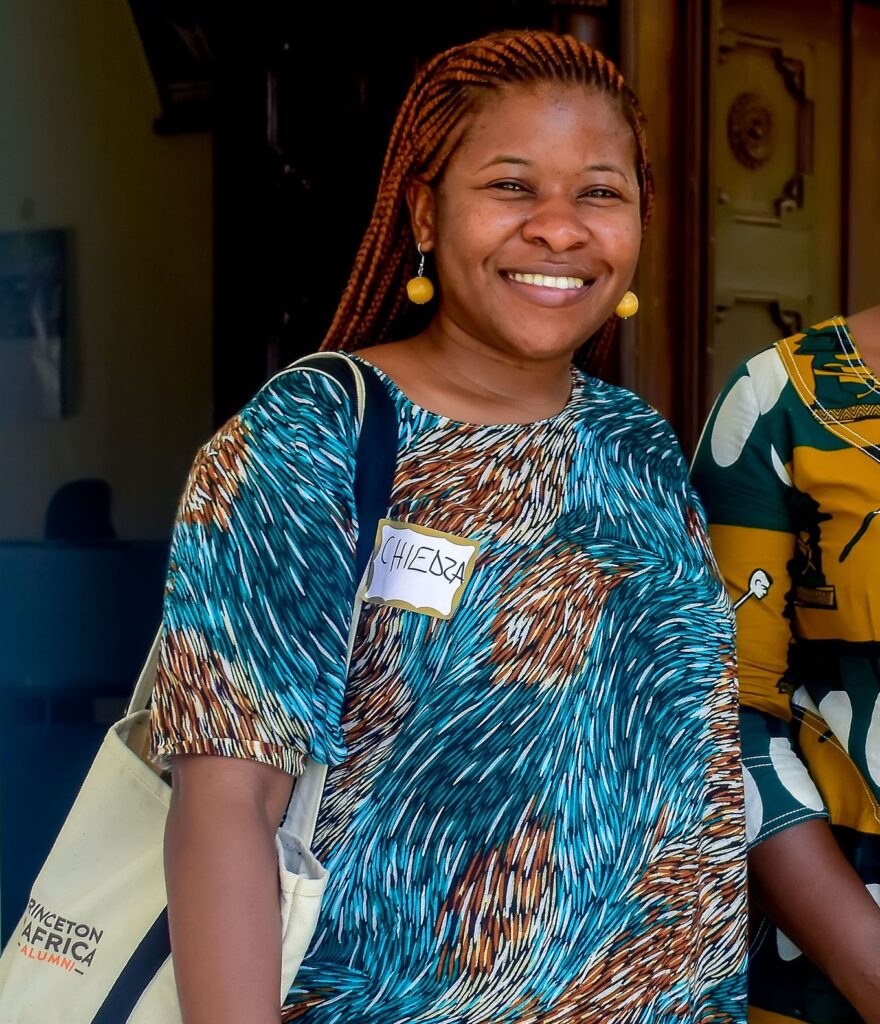
Chiedza Chinakwetu is a proactive change agent with an appreciation of social justice issues, and a passion for improving the lives of underprivileged populations. Chiedza has strong competencies in community engagement, resource mobilization, communication and project management, and brings with her eight years of experience in development work. She currently works as a Gender Officer for UNICEF Eastern and Southern Africa Regional Office where she oversees the integration of gender in programs for 21 countries. Prior to joining UNICEF, she was a 2021-22 PiAf Fellow with Lwala Community Alliance, a community development organization in Kenya. She graduated from Case Western Reserve University in 2019.
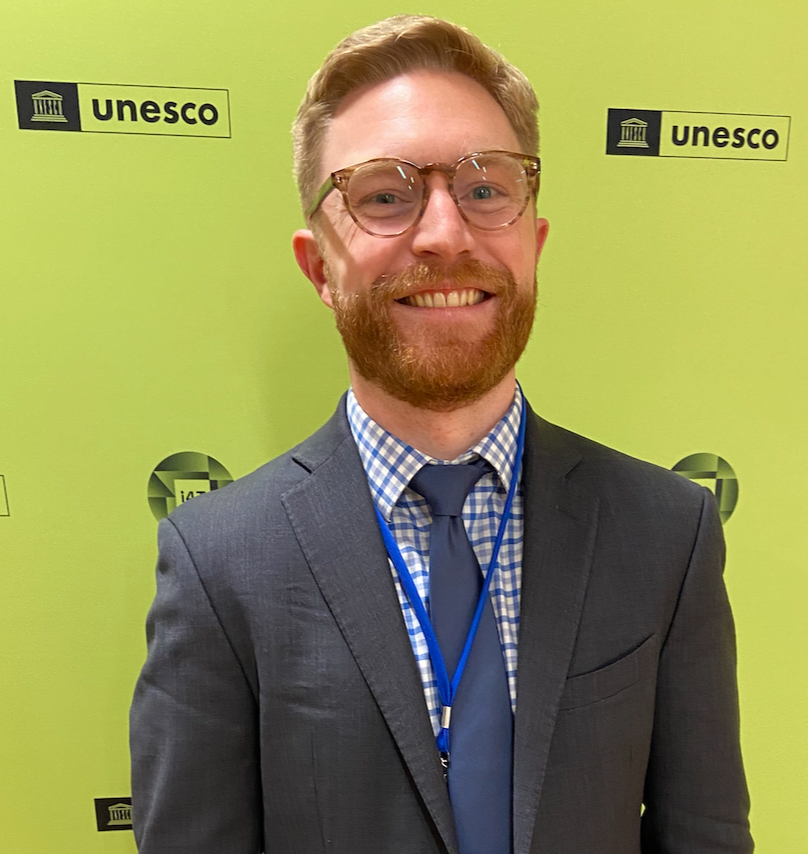
Ben Grazda is passionate about working with communities who hold less power to increase their voice in global policymaking, especially around technology and disinformation. He recently served as the project manager of The Signals Network, a whistleblower support organization, where he led the Tech Accountability Project working to support whistleblowers’ efforts to hold tech companies accountable. Before joining The Signals Network, he spent four years working for humanitarian organizations (International Rescue Committee and Mercy Corps) in Kenya, Nigeria, Iraq, and Syria as a grants manager. Ben was a 2016-2017 Fellow with International Rescue Committee (IRC) in Somalia (based in Kenya) and graduated from American University in 2013.
Our History
In 1999, a group of Princeton alumni, faculty, and staff launched Princeton in Africa as an independent affiliate of Princeton University inspired by the University’s informal motto, “Princeton in the Nation’s Service and in the Service of All Nations.” In 2010, the program opened up to include graduates of any US accredited university in order to meet the growing demand from host organizations and allow more young professionals access to the unique opportunities afforded by PiAf. During the past 20 years, we have placed over 600 Fellows with more than 100 organizations in 36 countries, while developing more strategic partnerships across Africa and creating more opportunities for our alumni community to engage with the continent and with one another.
